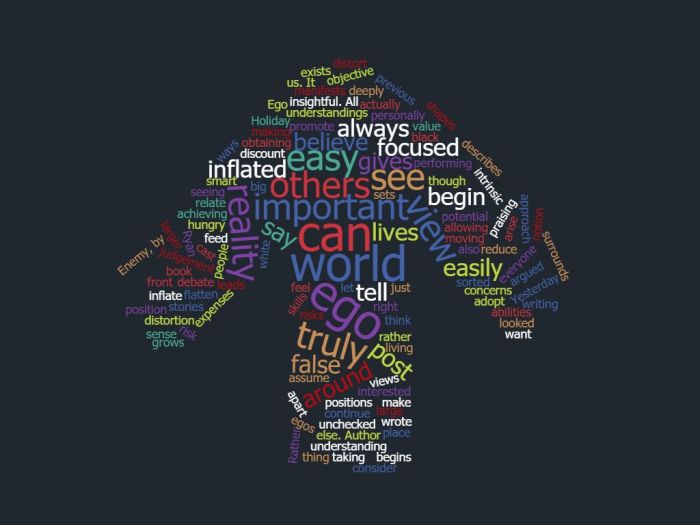The golden rule is basically a recognition that other people think and feel the way that we feel. If we have complex emotions, fears, desires, and feel that we are important, then surely other people do as well. From this follows the idea that we should treat people the way we would like to be treated.
We know that other people are important, but our actions don’t always reflect that. We often put ourselves ahead of others for no real reason. We go out of our way to make sure we have every possible desire filled, without considering the way that our behavior impacts what is available for others. We think about ourselves constantly, often forgetting that other people have valid thoughts and opinions just as we do. Getting outside our own heads and remembering people is not just a nice thing we should do, but it is something that is vital to living a successful life. Dale Carnegie explains in his book How to Win Friends and Influence People:
“There is one all-important law of human conduct. If we obey that law, we shall almost never get into trouble. In fact, that law, if obeyed, will bring us countless friends and constant happiness. But the very instant we break the law, we shall get into endless trouble. The law is this: Always make the other person feel important.”
When we recognize that other people are important, we can take steps to actually show them that we think they are important. Often these can be small gestures, such as letting someone in line at the grocery store with just one item jump ahead of us with our full shopping cart. It can look like grabbing flowers for our partner or their favorite candy at the store as a little something extra. Sometimes it can just be listening to another person and thinking of a way to incorporate an idea they had in the office or give them credit when it is due. Small steps like this can help foster relationships and improve our lives by helping us work and live better with the people around us.
Carnegie asks us to remember, “The unvarnished truth is that almost all the people you meet feel themselves superior to you in some way, and a sure way to their hearts is to let them realize in some subtle way that you recognize their importance, and recognize it sincerely.” Carnegie does not suggest we should simply give everyone around us what they want, but to remember that we can learn from others and that in some way, everyone we meet does have something they can teach us. If we see this same superiority complex in ourselves, we can learn to think beyond it, and ultimately prevent ourselves from getting into useless status measuring competitions with people who think of themselves as superior to us. Instead we can learn to let the ego fall to the side, give people recognition, and ultimately diffuse tension caused by unruly egos and work to get stuff done.

